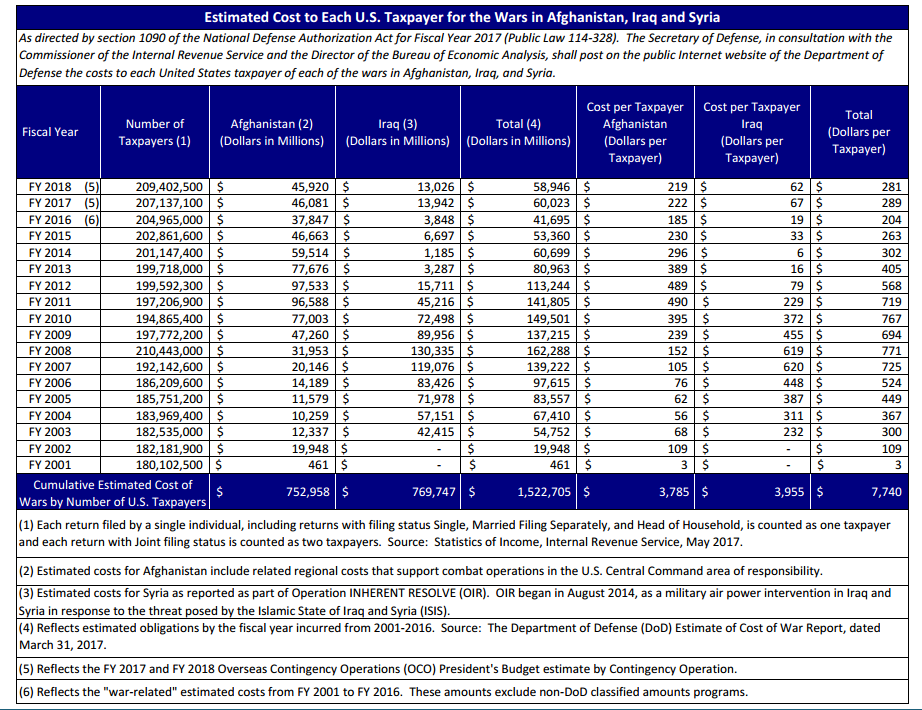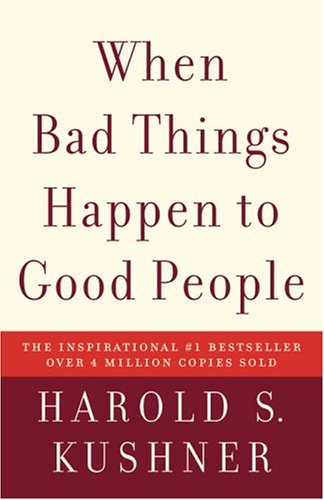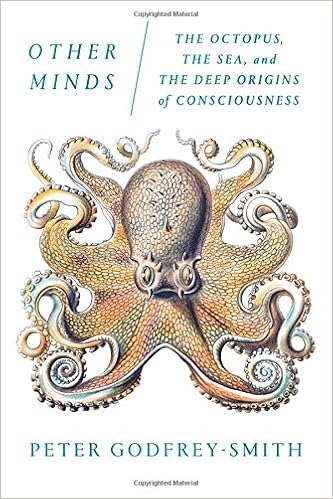I recently came across a 2012 paper by philosopher Michael Huemer titled “In Praise of Passivity.” Given our current political climate, I found the paper to be rather wise:
 When it comes to political issues, we usually should not fight for what we believe in. Fighting for something, as I understand the term, involves fighting against someone. If one’s goal faces no (human) opposition, then one might be described as working for a cause (for instance, working to reduce tuberculosis, working to feed the poor) but not fighting for it. Thus, one normally fights for a cause only when what one is promoting is controversial. And most of the time, those who promote controversial causes do not actually know whether what they are promoting is correct, however much they may think they know…[T]hey are fighting in order to have the experience of fighting for a noble cause, rather than truly seeking the ideals they believe themselves to be seeking.
When it comes to political issues, we usually should not fight for what we believe in. Fighting for something, as I understand the term, involves fighting against someone. If one’s goal faces no (human) opposition, then one might be described as working for a cause (for instance, working to reduce tuberculosis, working to feed the poor) but not fighting for it. Thus, one normally fights for a cause only when what one is promoting is controversial. And most of the time, those who promote controversial causes do not actually know whether what they are promoting is correct, however much they may think they know…[T]hey are fighting in order to have the experience of fighting for a noble cause, rather than truly seeking the ideals they believe themselves to be seeking.
Fighting for a cause has significant costs. Typically, one expends a great deal of time and energy, while simultaneously imposing costs on others, particularly those who oppose one’s own political position. This time and energy is very likely to be wasted, since neither side knows the answer to the issue over which they contend. In many cases, the effort is expended in bringing about a policy that turns out to be harmful or unjust. It would be better to spend one’s time and energy on aims that one knows to be good.
Thus, suppose you are deciding between donating time or money to Moveon.org (a left-wing political advocacy group) and donating time or money to the Against Malaria Foundation (a charity that fights malaria in the developing world). For those concerned about human welfare, the choice should be clear. Donations to Moveon.org may or may not affect public policy, and if they do, the effect may be either good or bad–that is a matter for debate. But donations to Against Malaria definitely save lives. No one disputes that.
There are exceptions to the rule that one should not fight for causes. Sometimes, people find it necessary to fight for a cause, despite that the cause is obviously and uncontroversially good–as in the case of fighting to end human rights violations in a dictatorial regime. In this case, one’s opponents are simply corrupt or evil. Occasionally, a person knows some cause to be correct, even though it is controversial among the general public. This may occur because the individual possesses expertise that the public lacks, and the public has chosen to ignore the expert consensus. But these are a minority of the cases. Most individuals fighting for causes do not in fact know what they are doing.
He concludes,
 Popular wisdom often praises those who get involved in politics, who vote in democratic elections, fight for a cause they believe in, and try to make the world a better place. We tend to assume that such individuals are moved by high ideals and that, when they change the world, it is usually for the better.
Popular wisdom often praises those who get involved in politics, who vote in democratic elections, fight for a cause they believe in, and try to make the world a better place. We tend to assume that such individuals are moved by high ideals and that, when they change the world, it is usually for the better.
The clear evidence of human ignorance and irrationality in the political arena poses a serious challenge to the popular wisdom. Lacking awareness of basic facts of their political systems, to say nothing of the more sophisticated knowledge that would be needed to reliably resolve controversial political issues, most citizens can do no more than guess when they enter the voting booth. Far from being a civic duty, the attempt to influence public policy through such arbitrary guesses is unjust and socially irresponsible. Nor have we any good reason to think political activists or political leaders to be any more reliable in arriving at correct positions on controversial issues; those who are most politically active are often the most ideologically biased, and may therefore be even less reliable than the average person at identifying political truths. In most cases, therefore, political activists and leaders act irresponsibly and unjustly when they attempt to impose their solutions to social problems on the rest of society.
…Political leaders, voters, and activists are well-advised to follow the dictum, often applied to medicine, to “first, do no harm.” A plausible rule of thumb, to guard us against doing harm as a result of overconfident ideological beliefs, is that one should not forcibly impose requirements or restrictions on others unless the value of those requirements or restrictions is essentially uncontroversial among the community of experts in conditions of free and open debate. Of course, even an expert consensus may be wrong, but this rule of thumb may be the best that such fallible beings as ourselves can devise.
So, the next time you get the itch to raise awareness about some controversial political issue, Huemer suggests…








 When it comes to political issues, we usually should not fight for what we believe in. Fighting for something, as I understand the term, involves fighting against someone. If one’s goal faces no (human) opposition, then one might be described as working for a cause (for instance, working to reduce tuberculosis, working to feed the poor) but not fighting for it. Thus, one normally fights for a cause only when what one is promoting is controversial. And most of the time, those who promote controversial causes do not actually know whether what they are promoting is correct, however much they may think they know…[T]hey are fighting in order to have the experience of fighting for a noble cause, rather than truly seeking the ideals they believe themselves to be seeking.
When it comes to political issues, we usually should not fight for what we believe in. Fighting for something, as I understand the term, involves fighting against someone. If one’s goal faces no (human) opposition, then one might be described as working for a cause (for instance, working to reduce tuberculosis, working to feed the poor) but not fighting for it. Thus, one normally fights for a cause only when what one is promoting is controversial. And most of the time, those who promote controversial causes do not actually know whether what they are promoting is correct, however much they may think they know…[T]hey are fighting in order to have the experience of fighting for a noble cause, rather than truly seeking the ideals they believe themselves to be seeking. Popular wisdom often praises those who get involved in politics, who vote in democratic elections, fight for a cause they believe in, and try to make the world a better place. We tend to assume that such individuals are moved by high ideals and that, when they change the world, it is usually for the better.
Popular wisdom often praises those who get involved in politics, who vote in democratic elections, fight for a cause they believe in, and try to make the world a better place. We tend to assume that such individuals are moved by high ideals and that, when they change the world, it is usually for the better.




 With philosopher Peter Godfrey-Smith’s
With philosopher Peter Godfrey-Smith’s